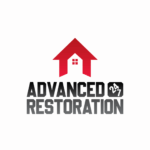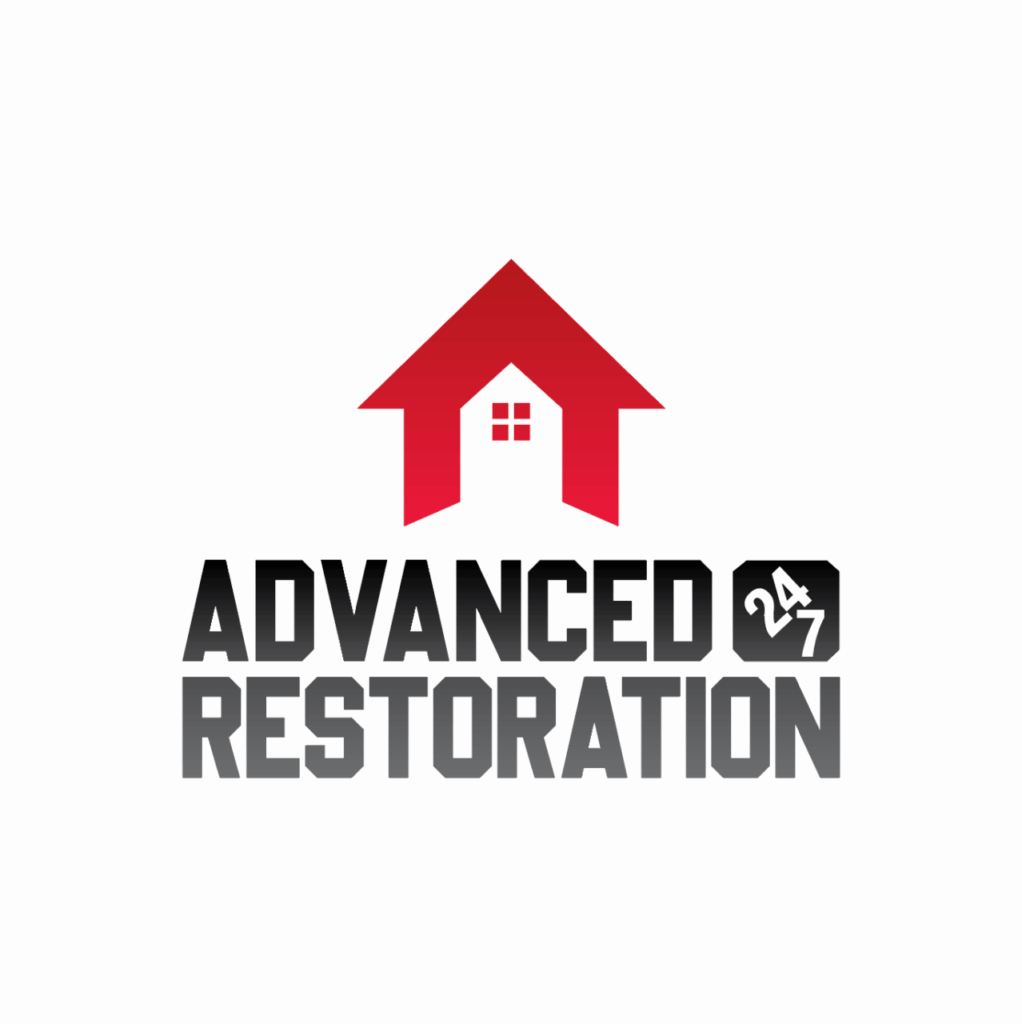They say that knowledge is power, and this adage couldn’t be more accurate when it comes to sewage cleanup exposure. The potential health risks lurking in a sewage spill’s aftermath can be quite alarming.
The list goes on, from bacterial infections to respiratory issues, skin irritations to gastrointestinal problems. But what exactly are these risks, and why should you be concerned?
Let’s just say that the consequences of not being aware could be more than you bargained for.
Bacterial Infections
Bacterial infections are a significant health risk resulting from sewage exposure during cleanup. When you’re involved in sewage cleanup, it’s crucial to prioritize hand hygiene to reduce the chances of bacterial infections. Proper handwashing techniques with soap and water are essential to remove the bacteria that may be present on your hands. Remember to scrub your hands for at least 20 seconds, clean between your fingers, the backs of your hands, and under your nails. Hand sanitizers can also be used if soap and water aren’t readily available.
Another concern when dealing with bacterial infections is the issue of antibiotic resistance. Antibiotics are used to treat bacterial infections, but overuse and misuse have led to the development of antibiotic-resistant bacteria. This means some bacteria are no longer affected by the once-effective antibiotics. It’s crucial to use antibiotics only when prescribed by a healthcare professional and to complete the full course of treatment as directed. Avoid sharing antibiotics with others or using leftover antibiotics from previous infections.
Respiratory Issues
When dealing with the health risks of sewage cleanup exposure, it’s important to consider potential respiratory issues. Breathing in harmful substances during sewage cleanup can lead to various lung diseases and complications. Here are some important points to keep in mind:
- Increased risk of asthma: Exposure to air pollutants present in sewage can trigger or worsen asthma symptoms. If you already have asthma, taking extra precautions is crucial to prevent any worsening.
- Respiratory infections: Coming into contact with sewage can increase your risk of respiratory infections. The pathogens present in sewage can cause illnesses such as bronchitis, pneumonia, and other respiratory tract infections.
- Irritation of the respiratory system: The fumes and gases released during sewage cleanup can irritate the respiratory system, leading to coughing, wheezing, and difficulty breathing. It’s important to wear protective respiratory equipment to minimize exposure to these harmful substances.
- Long-term respiratory complications: Prolonged exposure to the air pollution associated with sewage cleanup can have long-term effects on your respiratory health. It can increase the risk of developing chronic respiratory conditions such as chronic obstructive pulmonary disease (COPD) or even lung cancer.
To protect yourself from these respiratory issues, following safety guidelines and wearing proper protective gear while dealing with sewage cleanup is essential. Additionally, ensure proper ventilation to minimize the concentration of harmful substances in the air.
Regularly monitor your respiratory health and seek medical attention if you experience any symptoms or concerns. Remember, taking care of your respiratory system is crucial for your overall well-being.
Skin Irritations
Protect your skin from potential irritations during sewage cleanup by wearing proper protective gear. When exposed to sewage, your skin is at risk of developing various types of irritations, such as rashes, redness, and itching. These irritations can be caused by the harmful bacteria, viruses, and chemicals present in sewage. To prevent skin irritations during cleanup, taking necessary precautions and following proper hygiene practices is essential.
One important aspect to consider is eczema management. If you already have eczema, you may be more susceptible to skin irritations when exposed to sewage. Eczema is a skin condition characterized by dry, itchy, and inflamed skin. Various factors, including exposure to irritants like sewage, can trigger it. To manage eczema during cleanup, keeping your skin moisturized and protected is crucial. Regularly use a gentle, fragrance-free moisturizer to maintain the skin’s natural barrier and prevent flare-ups.
Furthermore, it’s important to be aware of potential allergic reactions. Some individuals may have allergies to certain components present in sewage, such as mold, pollen, or chemicals. These allergies can manifest as skin irritations, including hives, swelling, or dermatitis. To prevent allergic reactions, it’s recommended to wear protective clothing, including gloves, goggles, and long-sleeved shirts, to minimize direct contact with sewage.
Gastrointestinal Problems
To safeguard your digestive health, it’s crucial to be aware of the potential gastrointestinal problems that can arise from exposure to sewage during cleanup. Here are four important things to consider:
- Food poisoning: Sewage can contain harmful bacteria, viruses, and parasites that can contaminate food and water sources. Ingesting these contaminants can lead to food poisoning, causing symptoms such as nausea, vomiting, diarrhea, and stomach cramps. It’s important to ensure proper hygiene practices and thoroughly cook any food that might’ve been exposed to sewage.
- Stomach ulcers: Exposure to sewage can also increase the risk of developing stomach ulcers. This is because sewage often contains high levels of chemicals and toxins that can irritate the stomach lining. Over time, this irritation can lead to the formation of painful ulcers. If you experience persistent stomach pain or black, tarry stools, seeking medical attention is essential.
- Dehydration: Gastrointestinal problems like diarrhea and vomiting can lead to dehydration. When the body loses too much water and electrolytes, it can result in symptoms like dizziness, fatigue, and dry mouth. To prevent dehydration, it’s important to drink plenty of fluids and replenish lost electrolytes through sports drinks or oral rehydration solutions.
- Digestive discomfort: Exposure to sewage can cause general digestive discomfort, including bloating, gas, and abdominal pain. This can result from the body’s reaction to the toxins and contaminants in sewage. If you experience persistent digestive issues after exposure to sewage, it’s advisable to consult a healthcare professional for further evaluation and guidance.
Parasitic Infestations
Exposure to sewage during cleanup can lead to parasitic infestations, posing a serious health risk. Parasites live and feed off other organisms, often causing harm. When sewage contaminates water sources, it increases the risk of zoonotic transmission, where parasites from animals can infect humans.
Water contamination plays a crucial role in the spread of parasitic infestations. Sewage contains a variety of parasites, such as Cryptosporidium, Giardia, and Schistosoma, which can survive in water for extended periods. When individuals come into contact with contaminated water, either by drinking it or through skin contact, they can become infected with these parasites.
Zoonotic transmission occurs when parasites from infected animals are transmitted to humans. Sewage cleanup often involves handling waste from various sources, including domestic and wild animals. If proper precautions aren’t taken, individuals can be exposed to parasites in the waste, increasing the risk of infestation.
Parasitic infestations can cause a range of health problems. Symptoms may include diarrhea, abdominal pain, vomiting, and fatigue. In severe cases, parasites can invade vital organs, leading to organ damage and long-term health complications. It’s important to seek medical attention if you suspect you have been exposed to sewage and are experiencing any of these symptoms.
To protect yourself from parasitic infestations during sewage cleanup, following proper hygiene practices is essential. Always wear protective gear, such as gloves and boots, to minimize direct contact with sewage. Thoroughly wash your hands with soap and clean water after handling waste. It’s also advisable to avoid swimming or using water sources contaminated with sewage.
Review
So there you have it: sewage cleanup exposure’s potential health risks.
Always take proper precautions when dealing with sewage to avoid bacterial infections, respiratory issues, skin irritations, gastrointestinal problems, and parasitic infestations.
Did you know that according to a study by the Centers for Disease Control and Prevention, around 1.8 million people in the United States are affected by waterborne diseases yearly?
Stay safe and stay informed!
Advanced 24/7 Restoration’s mission is to provide unparalleled care and support to our valued clients. Delivering the best solutions for your property restoration needs. Our vision is to be the top-rated damage restoration company in Denver, known for our exceptional services, professionalism, and dedication to customer satisfaction. Water damage, fire damage, flood damage, and more.
- This author does not have any more posts


